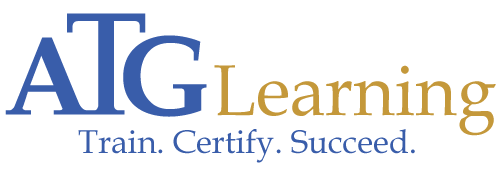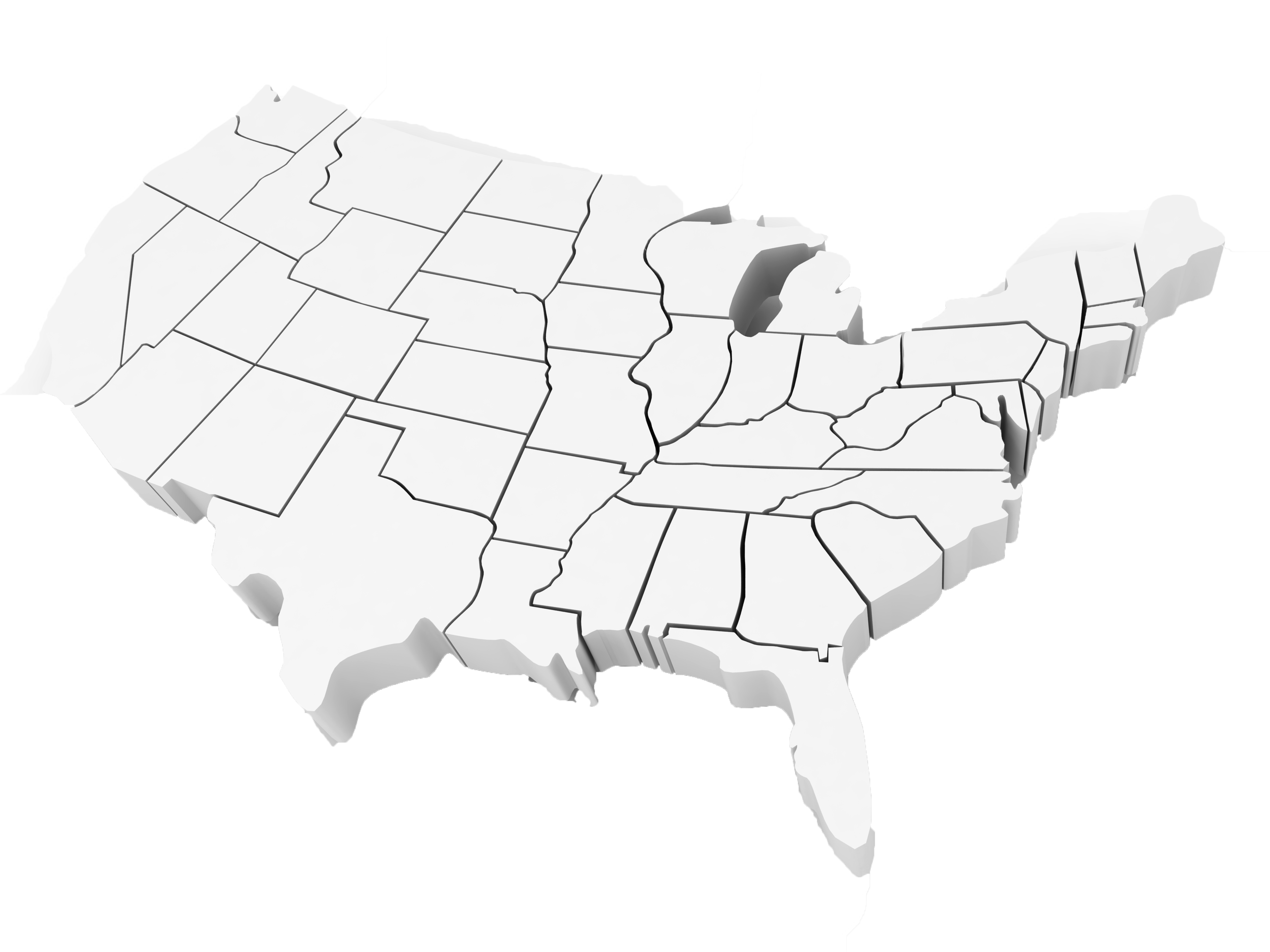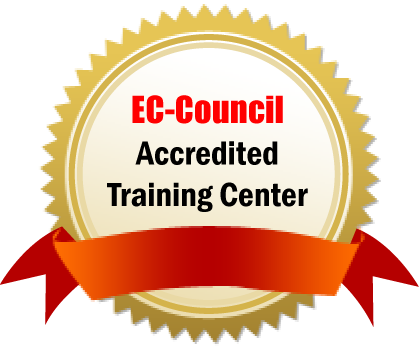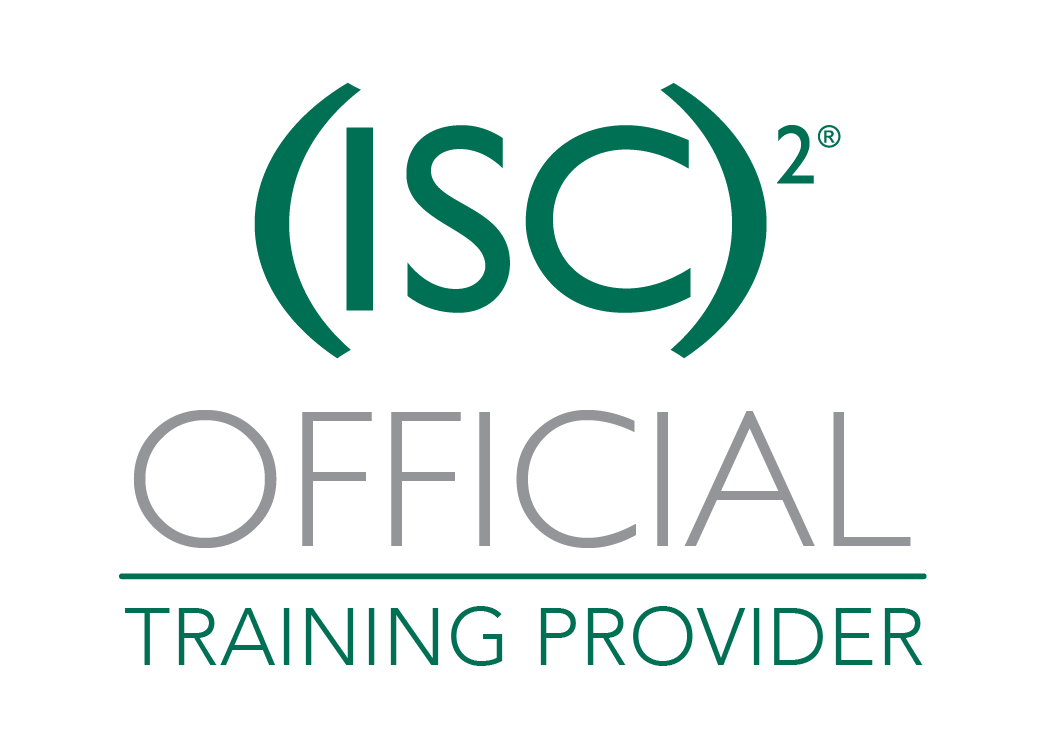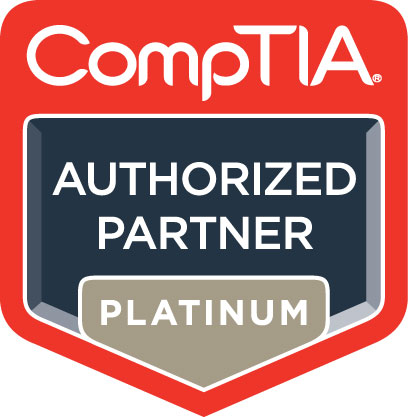Course Outline

Microsoft Azure Architect Technologies
MS550 | Day | 5 DaysThis course teaches Solutions Architects how to translate business requirements into secure, scalable, and reliable solutions. Lessons include virtualization, automation, networking, storage, identity, security, data platform, and application infrastructure. This course outlines how decisions in each theses area affects an overall solution.
Upcoming Dates:
- Jan 12, 2026 - Jan 16, 2026
- Mar 02, 2026 - Mar 06, 2026
- May 11, 2026 - May 15, 2026
- Jul 13, 2026 - Jul 17, 2026
- Sep 21, 2026 - Sep 25, 2026

Who should take this course
This course is for IT Professionals with expertise in designing and implementing solutions running on Microsoft Azure. They should have broad knowledge of IT operations, including networking, virtualization, identity, security, business continuity, disaster recovery, data platform, budgeting, and governance. Azure Solution Architects use the Azure Portal and as they become more adept they use the Command Line Interface. Candidates must have expert-level skills in Azure administration and have experience with Azure development processes and DevOps processes.
Course Objectives
After completing this course, students will learn to:
- Describe Artificial Intelligence workloads and considerations
- Describe fundamental principles of machine learning on Azure
- Describe features of computer vision workloads on Azure
- Describe features of Natural Language Processing (NLP) workloads on Azure
- Describe features of conversational AI workloads on Azure
Course Outline
Module 1: Implement Azure Active Directory
In this module, you will learn how to secure identities with Azure Active Directory, and implement users and groups. This module includes:
Lessons
- Overview of Azure Active Directory
- Users and Groups
- Domains and Custom Domains
- Azure AD Identity Protection
- Implement Conditional Access
- Configure Fraud Alerts for MFA
- Implement Bypass Options
- Configure Guest Users in Azure AD
- Configure Trusted IPs
- Manage Multiple Directories
After completing this module, students will be able to:
- Understand how Multiple AAD organizations interact
- Add Guest Users to Azure AD
- Configure Location Condition Configuration
- Configure Azure MFA settings
- Implement Conditional Access Azure MFA
- Create a Blueprint
Module 2: Implement and Manage Hybrid Identities
In this module, you will learn how to install and configure Azure AD Connect and implement Azure AD Connect Health. This module includes:
Lessons
- Install and Configure Azure AD Connect
- Configure Password Sync and Password Writeback
- Configure Azure AD Connect Health
After completing this module, students will be able to:
- Implement Azure AD seamless Single Sign-On
- Perform an Azure AD Connect installation
- Implement Azure AD Connect Health
Module 3: Implement Virtual Networking
In this module, you will learn about basic virtual networking concepts like virtual networks and subnetting, IP addressing, network security groups, Azure Firewall, and Azure DNS. This module includes:
Lessons
- Virtual Network Peering
- Implement VNet Peering
After completing this module, students will be able to:
- Connect services with Virtual Network Peering
- Configure VNet Peering
- Understand Service Chaining
- Modify or delete VNet Peering
Module 4: Implement VMs for Windows and Linux
In this module, you will learn about Azure virtual machines including planning, creating, availability and extensions.
Lessons
- Configure High Availability
- Implement Azure Dedicated Hosts
- Deploy and Configure Scale Sets
- Configure Azure Disk Encryption
After completing this module, students will be able to:
- Plan for virtual machine implementations
- Create virtual machines
- Configure virtual machine availability, including scale sets
- Understand High Availability options for VMs in Azure
Module 5: Implement Load Balancing and Network Security
In this module, you will learn about network traffic strategies including network routing and service endpoints, Azure Load Balancer, Azure Application Gateway, and Traffic Manager.
Lessons
- Implement Azure Load Balancer
- Implement an Application Gateway
- Understand Web Application Firewall
- Implement Azure Firewall
- Implement Azure Front Door
- Implementing Azure Traffic Manager
- Implement Network Security Groups and Application Security Groups
- Implement Azure Bastion
After completing this module, students will be able to:
- Select a Load Balancer solution
- Configure Application Gateway
- Implement Azure Firewall
- Create an Azure Front Door
- Understand Traffic Manager routing methods
- Configure Network Security Groups (NSGs)
Module 6: Implement Storage Accounts
In this module, you will learn about basic storage features including storage accounts, blob storage, Azure files and File Sync, storage security, and storage tools.
Lessons
- Storage Accounts
- Blob Storage
- Storage Security
- Managing Storage
- Accessing Blobs and Queues using AAD
After completing this module, students will be able to:
- Understand Storage Account services and types
- Configure Blob storage, accounts, containers, and access tiers
- Implement Shared Access Signatures (SAS)
- Understand Azure Storage firewalls and virtual networks
Module 7: Implement NoSQL Databases
In this module, you will learn about Azure Table Storage and recommend options for CosmsoDB APIs.
Lessons
- Configure Storage Account Tables
- Select Appropriate CosmosDB APIs
After completing this module, students will be able to:
- Outline the Table Service Data Model
- Understand options for Azure Cosmos DB
- Understand high availability using CosmosDB
Module 8: Implement Azure SQL Databases
In this module, you will create an Azure SQL Database single database, create an Azure SQL Database Managed Instance, and review high-availability and Azure SQL database.
Lessons
- Configure Azure SQL Database Settings
- Implement Azure SQL Database Managed Instances
- High-Availability and Azure SQL Database
- In this module, you will learn how to
- Create an Azure SQL Database (single database)
- Create an Azure SQL Database Managed Instance
- Recommend high-availability architectural models used in Azure SQL Database
Module 9: Automate Deployment and Configuration of Resources
In this module, you will learn about the tools an Azure Administrator uses to manage their infrastructure. This includes the Azure Portal, Cloud Shell, Azure PowerShell, CLI, and Resource Manager Templates.
Lessons
- Azure Resource Manager Templates
- Save a Template for a VM
- Evaluate Location of New Resources
- Configure a Virtual Hard Disk Template
- Deploy from a template
- Create and Execute an Automation Runbook
After completing this module, students will be able to:
- Leverage Azure Resource Manager to organize resources
- Use ARM Templates to deploy resources
- Create and Execute an Automation Runbook
- Deploy an Azure VM from a VHD
- Understand Azure encryption technologies
Module 10: Implement and Manage Azure Governance
In this module, you will learn about managing your subscriptions and accounts, implementing Azure policies, and using Role-Based Access Control.
Lessons
- Create Management Groups, Subscriptions, and Resource Groups
- Overview of Role-Based Access Control (RBAC)
- Role-Based Access Control (RBAC) Roles
- Azure AD Access Reviews
- Implement and Configure an Azure Policy
- Azure Blueprints
After completing this module, students will be able to:
- Understand Resource Group Organization
- Understand how RBAC works
- Create an Azure AD access review
- Create and manage policies to enforce compliance
Module 11: Manage Security for Applications
In this module, you will learn about Azure Key Vault and implementing authentication using Azure Managed Identities.
Lessons
- Azure Key Vault
- Azure Managed Identity
After completing this module, students will be able to:
- Explain Key Vault uses such as secrets, key, and Certificate management
- Use Managed Identities with Azure resources/li>
Module 12: Manage Workloads in Azure
In this module, you will learn how to migrate workloads using Azure Migrate, perform VMware agent-based and agent-less migrations, and perform Azure Backup and Azure Site Recovery.
Lessons
- Migrate Workloads using Azure Migrate
- VMware - Agentless Migration
- VMware - Agent-Based Migration
- Implement Azure Backup
- Azure to Azure Site Recovery
- Implement Azure Update Management
After completing this module, students will be able to:
- Understand agent-based migration architecture
- Prepare for Azure for migration
- Prepare an on-premises VMware environment
- Understand Azure VM backup architecture
- Manage updates and patches for Azure VMs
Module 14: Implement an Application Infrastructure
In this module, you will learn how to create an App Service web App for Containers, create and configure an App Service Plan, and create and manage Deployment Slots.
Lessons
- Create and Configure Azure App Service
- Create an App Service Web App for Containers
- Create and Configure an App Service Plan
- Configure Networking for an App Service
- Create and Manage Deployment Slots
- Implement Logic Apps
- Implement Azure Functions
After completing this module, students will be able to:
- Configure an Azure App Service
- Create an App Service Plan
- Create a Workflow using Azure Logic Apps
- Create a Function App
Module 15: Implement Cloud Infrastructure Monitoring
In this module, you will learn about Azure Monitor, Azure Workbooks, Azure Alerts, Network Watcher, Azure Service Health, Azure Application Insights.
Lessons
- Azure Infrastructure Security Monitoring
- Azure Monitor
- Azure Workbooks
- Azure Alerts
- Log Analytics
- Network Watcher
- Azure Service Health
- Monitor Azure Costs
- Azure Application Insights
- Unified Monitoring in Azure
In this module, you will learn how to
- Understand Azure Log Analytics
- Understand Azure Service Health

